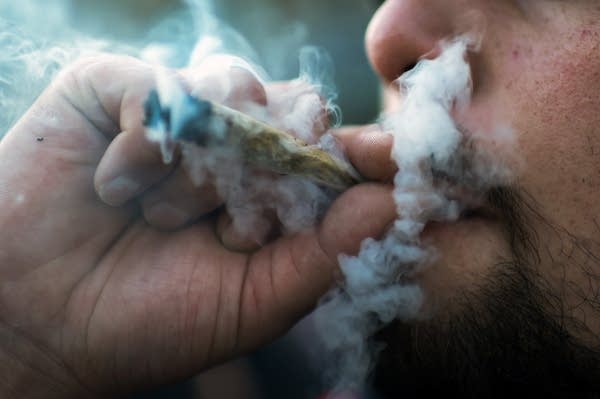10 things to know about Minnesota’s new marijuana law

Minnesota is the 23rd state to legalize recreational marijuana.
Pablo Vera | Getty Images
Go Deeper.
Create an account or log in to save stories.
Like this?
Thanks for liking this story! We have added it to a list of your favorite stories.


